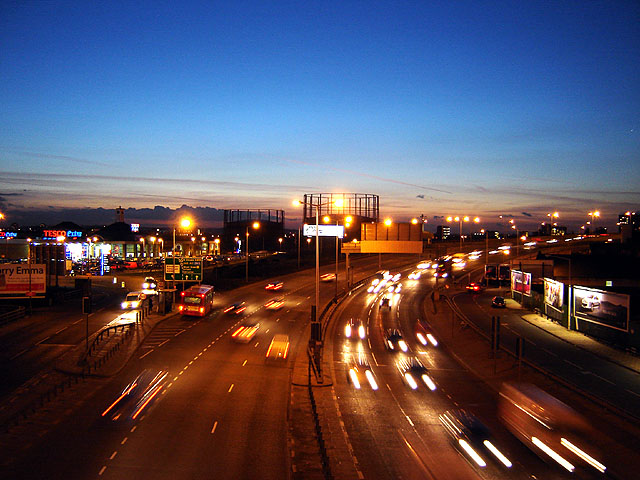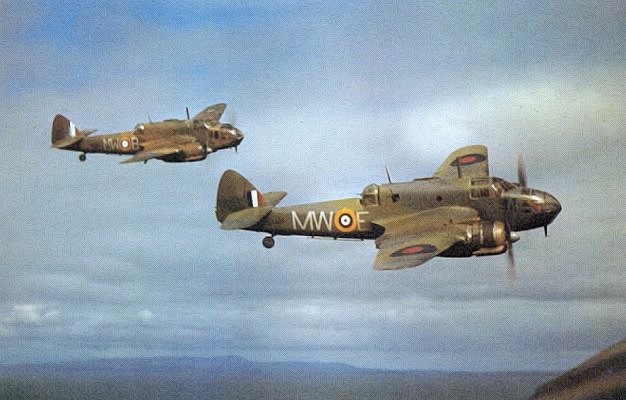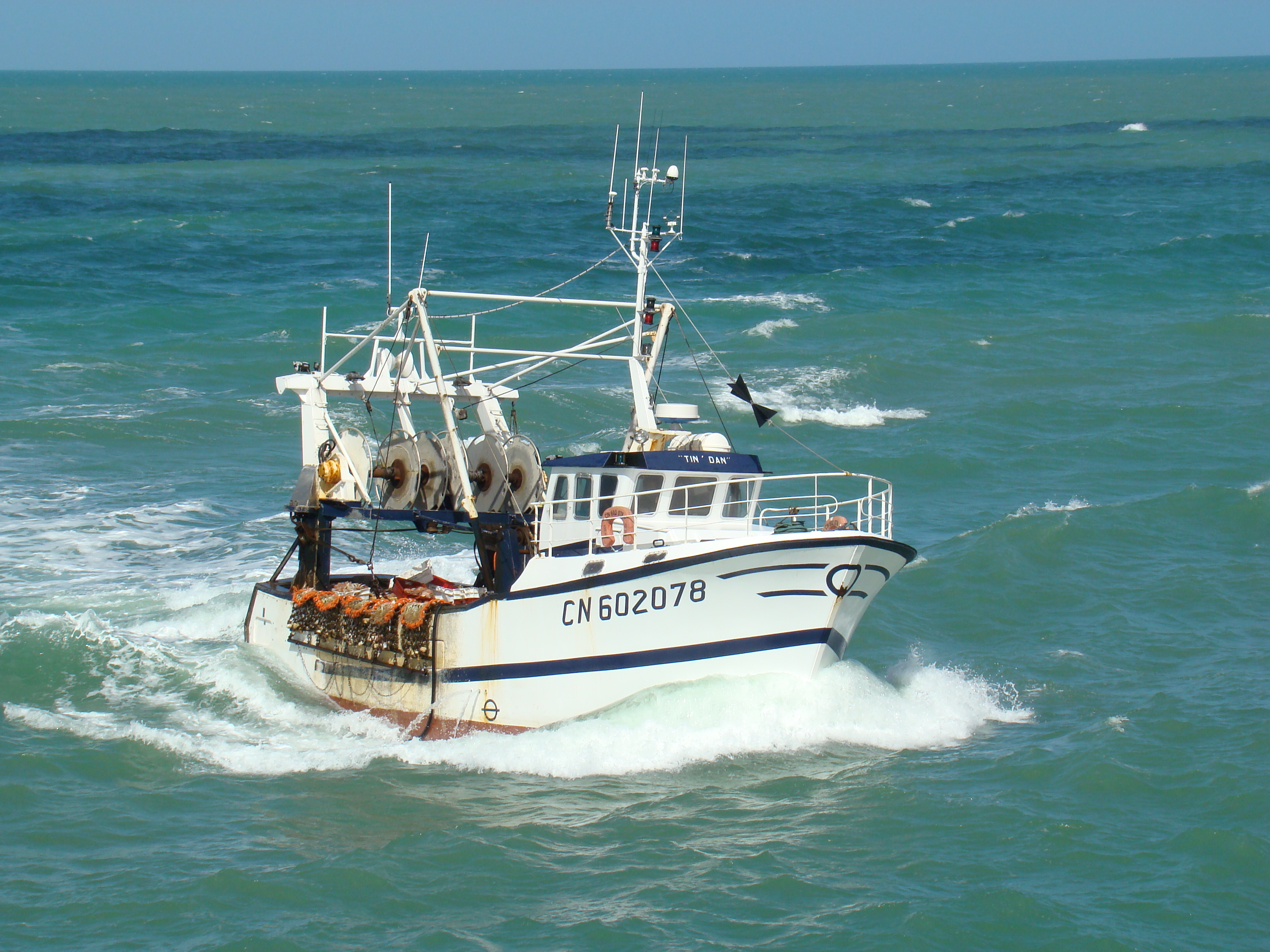|
Ken Gatward
Group Captain Alfred Kitchener Gatward, (28 August 1914 – 19 November 1998), known as Ken Gatward, was a British Royal Air Force (RAF) pilot of the Second World War. Early life Gatward was born in 1914 above Hornsey police station, where his father was Chief Inspector of police. He attended St George's College in Palmers Green, and later became a journalist before joining the wallpaper manufacturers Coloroll. He joined the RAFVR, RAF Volunteer Reserve in 1937. RAF career At the outbreak of war in 1939 Gatward was a sergeant pilot and was commissioned on 27 July 1940 and flew Bristol Blenheims with No. 53 Squadron RAF, No 53 Squadron on low level raids. Converting to Bristol Beaufighters in 1941 he flew with No. 236 Squadron RAF, No 236 Squadron. Operation Squabble Intelligence gathered by Major Benjamin Cowburn, Ben Cowburn of the Special Operations Executive (SOE) in the early Spring of 1942 showed that the Germans paraded down the Champs-Élysées in Paris every day ... [...More Info...] [...Related Items...] OR: [Wikipedia] [Google] [Baidu] |
Edmonton, London
Edmonton is a town in north London, England within the London Borough of Enfield, a local government district of Greater London. The northern part of the town is known as Lower Edmonton or Edmonton Green, and the southern part as Upper Edmonton. Situated north-northeast of Charing Cross, it borders Enfield to the north, Chingford to the east, and Tottenham to the south, with Palmers Green and Winchmore Hill to the west. The population of Edmonton was 82,472 as of 2011. The town forms part of the ceremonial county of Greater London and until 1965 was in the ancient county of Middlesex. Historically a parish in the Edmonton Hundred of Middlesex, Edmonton became an urban district in 1894, and a municipal borough in 1937. Local government took place at the now-demolished Edmonton Town Hall in Fore Street between 1855 and 1965. In 1965, following reform of local government in London, the municipal borough and former parish of Edmonton was abolished, merging with that of Enfiel ... [...More Info...] [...Related Items...] OR: [Wikipedia] [Google] [Baidu] |
Bristol Beaufighter
The Bristol Type 156 Beaufighter (often called the Beau) is a British multi-role aircraft developed during the Second World War by the Bristol Aeroplane Company. It was originally conceived as a heavy fighter variant of the Bristol Beaufort torpedo bomber. The Beaufighter proved to be an effective night fighter, which came into service with the Royal Air Force (RAF) during the Battle of Britain, its large size allowing it to carry heavy armament and early airborne interception radar without major performance penalties. The Beaufighter was used in many roles; receiving the nicknames ''Rockbeau'' for its use as a rocket-armed ground attack aircraft and ''Torbeau'' as a torpedo bomber against Axis shipping, in which it replaced the Beaufort. In later operations, it served mainly as a maritime strike/ground attack aircraft, RAF Coastal Command having operated the largest number of Beaufighters amongst all other commands at one point. The Royal Australian Air Force (RAAF) also m ... [...More Info...] [...Related Items...] OR: [Wikipedia] [Google] [Baidu] |
Fécamp
Fécamp () is a commune in the Seine-Maritime department in the Normandy region in north-western France. Geography Fécamp is situated in the valley of the river Valmont, at the heart of the Pays de Caux, on the Alabaster Coast. It is around 35 km northeast of Le Havre, and around 60 km northwest of Rouen. History Origin of the name According to its late medieval founding legend, the trunk of a fig tree (''ficus'') carrying the Precious Blood of Christ collected by Joseph of Arimathea was washed ashore on the riverbank at Fécamp in the 1st century. Immediately, a fountain of holy blood gushed from the site; the relic attracted many medieval pilgrims, enhancing the reputation of the city. The monks' legend justified the artificial etymology of the name to ''Fici-campus'', the camp of the fig tree. Fécamp, however, is mentioned in 875 as ''Fiscannum'' and in 990 as ''Fiscannus'' and as late as 1496 which stem from the Germanic root ''fisc'' (English "fish") with ... [...More Info...] [...Related Items...] OR: [Wikipedia] [Google] [Baidu] |
RAF Thorney Island
Royal Air Force Thorney Island or more simply RAF Thorney Island is a former Royal Air Force station located on Thorney Island, West Sussex, England, west of Chichester and east of Portsmouth, Hampshire. Station history The airfield was built in 1938 for fighter aircraft and was involved in the Battle of Britain when it was attacked by the Luftwaffe on the same day as other stations such as RAF Ford and RAF Poling radar station. RAF Thorney Island was transferred to RAF Coastal Command for the protection of shipping and other various roles, and had its concrete runways laid in 1942. The station closed as an RAF airfield on 31 March 1976; however, the Royal Artillery re-opened the site in 1982. Operational history Major units As with many RAF Coastal Command airfields, a great variety of squadrons and aircraft were posted to RAF Thorney Island during World War II; in particular: No. 22 Squadron RAF moved to the airfield on 10 March 1938 firstly using Vickers Vildebeest a ... [...More Info...] [...Related Items...] OR: [Wikipedia] [Google] [Baidu] |
Operation Squabble Flight Path
Operation or Operations may refer to: Arts, entertainment and media * ''Operation'' (game), a battery-operated board game that challenges dexterity * Operation (music), a term used in musical set theory * ''Operations'' (magazine), Multi-Man Publishing's house organ for articles and discussion about its wargaming products * ''The Operation'' (film), a 1973 British television film * ''The Operation'' (1990), a crime, drama, TV movie starring Joe Penny, Lisa Hartman, and Jason Beghe * ''The Operation'' (1992–1998), a reality television series from TLC * The Operation M.D., formerly The Operation, a Canadian garage rock band * "Operation", a song by Relient K from ''The Creepy EP'', 2001 Business * Business operations, the harvesting of value from assets owned by a business * Manufacturing operations, operation of a facility * Operations management, an area of management concerned with designing and controlling the process of production Military and law enforcement * ... [...More Info...] [...Related Items...] OR: [Wikipedia] [Google] [Baidu] |
English Channel
The English Channel, "The Sleeve"; nrf, la Maunche, "The Sleeve" (Cotentinais) or ( Jèrriais), (Guernésiais), "The Channel"; br, Mor Breizh, "Sea of Brittany"; cy, Môr Udd, "Lord's Sea"; kw, Mor Bretannek, "British Sea"; nl, Het Kanaal, "The Channel"; german: Ärmelkanal, "Sleeve Channel" ( French: ''la Manche;'' also called the British Channel or simply the Channel) is an arm of the Atlantic Ocean that separates Southern England from northern France. It links to the southern part of the North Sea by the Strait of Dover at its northeastern end. It is the busiest shipping area in the world. It is about long and varies in width from at its widest to at its narrowest in the Strait of Dover."English Channel". ''The Columbia Encyclopedia'', 2004. It is the smallest of the shallow seas around the continental shelf of Europe, covering an area of some . The Channel was a key factor in Britain becoming a naval superpower and has been utilised by Britain as a natural def ... [...More Info...] [...Related Items...] OR: [Wikipedia] [Google] [Baidu] |
Ministre De La Marine
The Ministry of the Navy (french: Ministère de la Marine) was a section of the French government – apart from the Ministry of War – that was in charge of the French navy and colonies. The ministry combined the administration of the navy, the colonies like New France and seaborne trade helping for example the French East India Company. A widely held view at the time was that for states to be powerful, wealthy and prestigious, colonies in the New World need to be maintained for their consequent trade. The maintenance of colonies through naval operations not only served to improve the stature of the state, but was also helpful in destroying their European rivals in North America. After the Second World War, the Ministry of the Navy was merged with the War Ministry, absorbing the role of the Minister of the Navy and Colonies, with a Minister of National Defence directing the entire military French forces. Creation and history Since the 16th century, the Secretary of State of ... [...More Info...] [...Related Items...] OR: [Wikipedia] [Google] [Baidu] |
Kriegsmarine
The (, ) was the navy of Germany from 1935 to 1945. It superseded the Imperial German Navy of the German Empire (1871–1918) and the inter-war (1919–1935) of the Weimar Republic. The was one of three official branches, along with the and the , of the , the German armed forces from 1935 to 1945. In violation of the Treaty of Versailles, the grew rapidly during German naval rearmament in the 1930s. The 1919 treaty had limited the size of the German navy and prohibited the building of submarines. ships were deployed to the waters around Spain during the Spanish Civil War (1936–1939) under the guise of enforcing non-intervention, but in reality supported the Nationalists against the Spanish Republicans. In January 1939, Plan Z, a massive shipbuilding program, was ordered, calling for surface naval parity with the British Royal Navy by 1944. When World War II broke out in September 1939, Plan Z was shelved in favour of a crash building program for submarines (U-boat ... [...More Info...] [...Related Items...] OR: [Wikipedia] [Google] [Baidu] |
French Tricolour
The national flag of France (french: link=no, drapeau français) is a tricolour featuring three vertical bands coloured blue ( hoist side), white, and red. It is known to English speakers as the ''Tricolour'' (), although the flag of Ireland and others are also so known. The design was adopted after the French Revolution; while not the first tricolour, it became one of the most influential flags in history. The tricolour scheme was later adopted by many other nations in Europe and elsewhere, and, according to the ''Encyclopædia Britannica'' has historically stood "in symbolic opposition to the autocratic and clericalist royal standards of the past". Before the tricolour was adopted the royal government used many flags, the best known being a blue shield and gold fleur-de-lis (the Royal Arms of France) on a white background, or state flag. Early in the French Revolution, the Paris militia, which played a prominent role in the storming of the Bastille, wore a cockade of blue ... [...More Info...] [...Related Items...] OR: [Wikipedia] [Google] [Baidu] |
Arc De Triomphe
The Arc de Triomphe de l'Étoile (, , ; ) is one of the most famous monuments in Paris, France, standing at the western end of the Champs-Élysées at the centre of Place Charles de Gaulle, formerly named Place de l'Étoile—the ''étoile'' or "star" of the juncture formed by its twelve radiating avenues. The location of the arc and the plaza is shared between three arrondissements, 16th (south and west), 17th (north), and 8th (east). The Arc de Triomphe honours those who fought and died for France in the French Revolutionary and Napoleonic Wars, with the names of all French victories and generals inscribed on its inner and outer surfaces. Beneath its vault lies the Tomb of the Unknown Soldier from World War I. The central cohesive element of the ''Axe historique'' (historic axis, a sequence of monuments and grand thoroughfares on a route running from the courtyard of the Louvre to the Grande Arche de la Défense), the Arc de Triomphe was designed by Jean Chalgrin in 1806; i ... [...More Info...] [...Related Items...] OR: [Wikipedia] [Google] [Baidu] |
Coastal Command
RAF Coastal Command was a formation within the Royal Air Force (RAF). It was founded in 1936, when the RAF was restructured into Fighter, Bomber and Coastal Commands and played an important role during the Second World War. Maritime Aviation had been neglected in the inter-war period, due to disagreements between the Royal Navy (RN) and RAF over the ownership, roles and investment in maritime air power. The Admiralty's main concern until 1937 was the return of the Fleet Air Arm to the Royal Navy while the RAF prioritised the development of a bombing force to provide a deterrent. Coastal Command was referred to as the "Cinderella Service" by A V Alexander, the First Lord of the Admiralty in November 1940. Soon after RAF Coastal Area was elevated to Coastal Command, its headquarters moved from Lee-on-Solent to Northwood in northwest London. During the Second World War, Coastal Command's most important contribution was the protection of Allied convoys from attacks by the Germ ... [...More Info...] [...Related Items...] OR: [Wikipedia] [Google] [Baidu] |
Philip Joubert De La Ferté
Air Chief Marshal Sir Philip Bennet Joubert de la Ferté, (21 May 1887 – 21 January 1965) was a senior commander in the Royal Air Force during the 1930s and the Second World War. Early life Joubert de la Ferté was born in Darjeeling, India to Colonel Charles Henry Joubert de la Ferté and Eliza Jane née Meville. He was of partial French descent, his paternal grandfather having emigrated to England in 1840. He was sent to England as a child where he attended Elstree School and later Harrow School. RAF career Joubert de la Ferté joined the British Army attending the Royal Military Academy Woolwich and gaining his commission in 1907. From 1907 to 1913 he served in the Royal Field Artillery, rising to the rank of lieutenant. In 1913 he attended the Central Flying School and went on to serve in the Royal Flying Corps. With the outbreak of the First World War in 1914, he joined the British Expeditionary Force flying one of the first two operational sorties of the war. In 1915 Jo ... [...More Info...] [...Related Items...] OR: [Wikipedia] [Google] [Baidu] |





